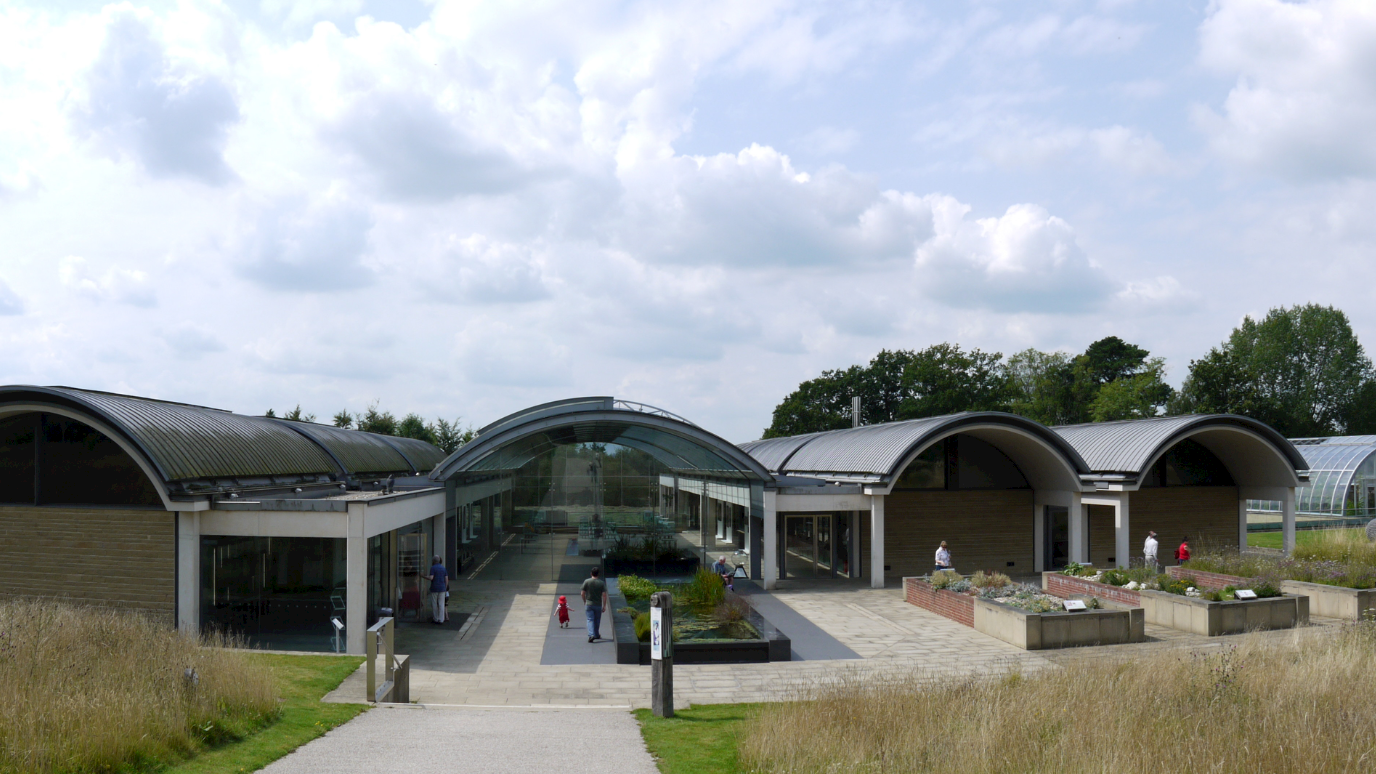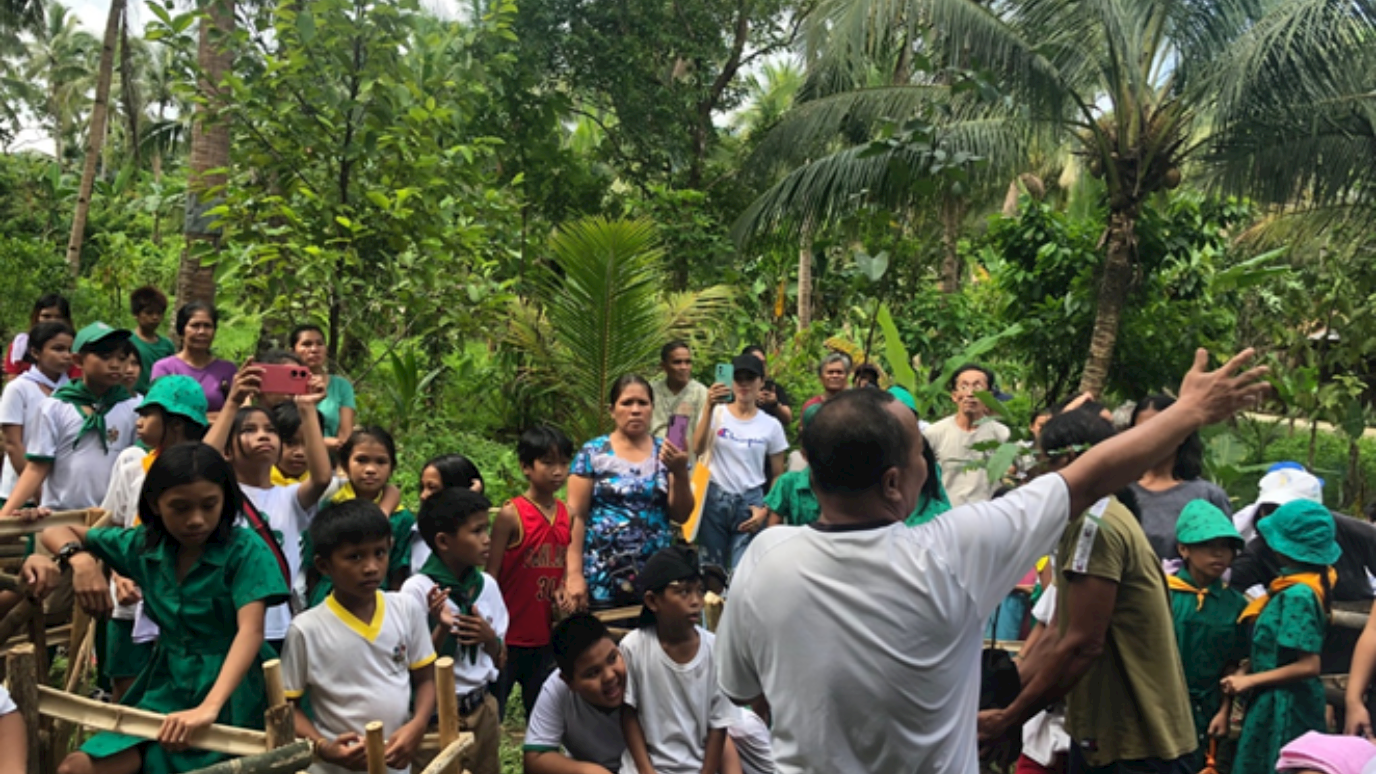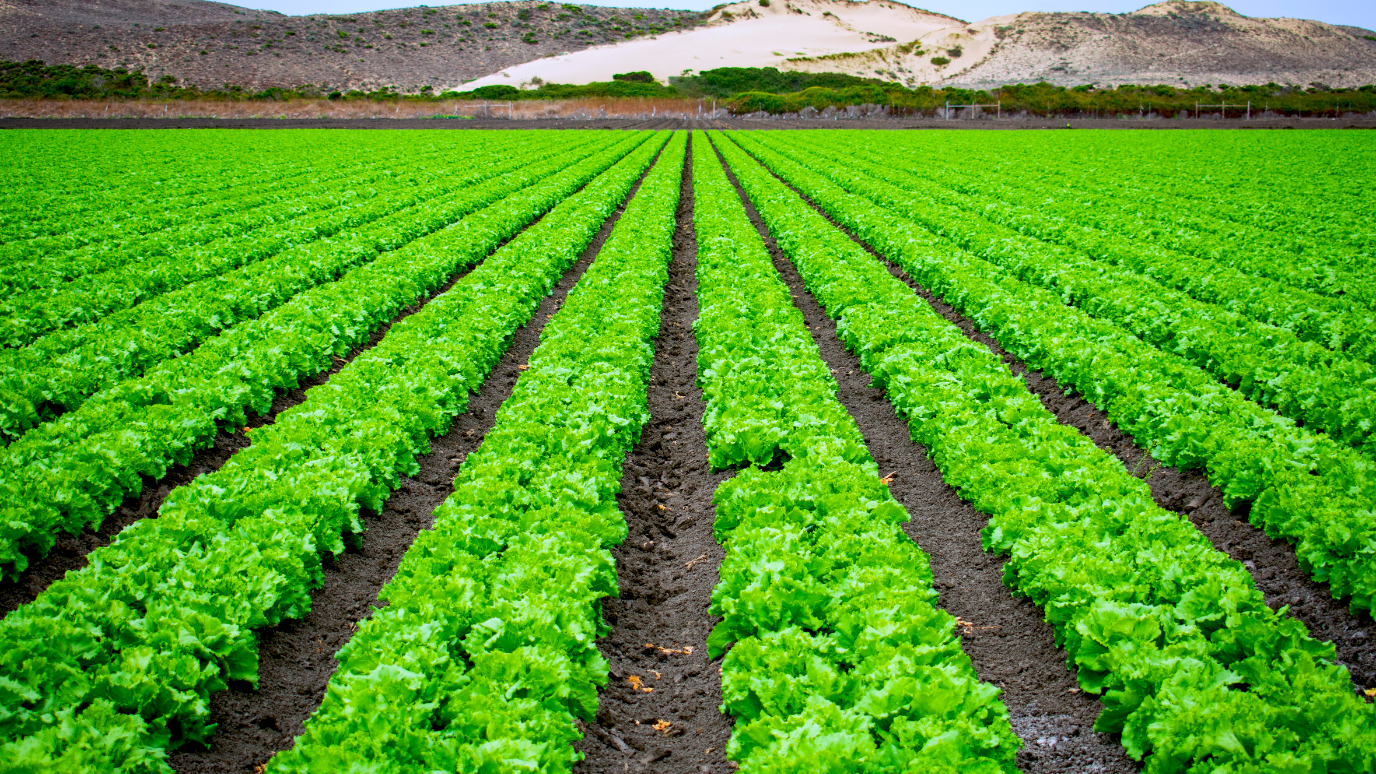At COP28, delegates will evaluate existing Net-Zero Accountability and Regulation frameworks, assessing their efficacy in fostering a sustainable and equitable global transition. Dr. Susan O’Leary examines COP28's structures and assesses their relation to climate accountability and responsibility, she asks where the power to change resides.

On Day 4 of COP28, the spotlight shifts towards an issue vital for the effectiveness of climate action: accountability. COP conferences, over the years, have faced significant criticism for their perceived shortcomings in ensuring accountability for addressing the climate crisis. It’s not hard to see why; a report released by the UN in November revealed that countries' current emissions pledges would put the world on track to warm by nearly 3C this century, with a mere 14% chance of curbing it to the critical threshold of 1.5C.
In 2022, Greta Thunberg's notable decision to abstain from COP27 served as a bold indictment of such accountability concerns. Thunberg asserted that instead of fostering genuine change, COP gatherings often serve as platforms for leaders and influential figures to engage in what she deems ‘greenwashing’. Her recent critique of the UAEs' appointment of the head of its state-owned oil company to chair COP28 starkly underscores this. According to Thunberg, COP is designed to promote incremental non-binding progress at the expense of the deeper structural shifts required for meaningful climate action: “So as it is, the COPs are not really working, unless of course we use them as an opportunity to mobilise.” Within this narrative of insufficient accountability, this mention of mobilisation, however, offers a faint ray of hope amid an otherwise bleak and seemingly intractable situation.
For years, I have studied manifestations of participatory democracy with NGO contexts and the extent to which they align with various forms of accountability. More recently, I have been in activist spaces where new and innovative forms of accountability are being actioned and mobilised. In focusing on mobilisation beyond formal negotiations and avenues for accountability, NGOs and activists are aiming to disrupt the status quo, advocating for profound change that adopts a more radical stance. For many of these actors, the root cause of the climate crisis lies in the lack of awareness among ordinary individuals regarding their ability to influence the systems and power structures that persistently delay and obstruct climate action. This is despite their obvious deep concern for the climate crisis and support for climate action. Climate activist Mikaela Loach aptly captures this sentiment by emphasising the inefficacy of merely seeking to hold those in power to account. Loach instead advocates for rendering those in power irrelevant, most notably in attempts to revoke their social licence to operate and employing intersectionality in the fight for the planet. For her, intersectionality is key – viewing climate concerns in isolation betrays the systemic issues at the heart of the crisis.
Consequently, while delegates on Day 4 of COP will discuss accountability measures and frameworks to hold the powerful to account, the importance of new and innovative forms of accountability within spaces like the Green Zone at COP and beyond COP in the actions of NGOs and activists becomes apparent. Such spaces are characterised by efforts to challenge and disrupt prevailing narratives about humanity, the environment, history, and oppression, and create new and compelling stories of power. This emphasises the importance of changing people's narratives about themselves as a means to drive the larger systemic change they often feel so helpless in achieving. By promoting a shift in mindset and perception, such spaces aim to disrupt (not hold to account) the existing systems and structures that perpetuate harmful practices. Accountability here shows up as mindset shifts, personal transformations, stepping into positions of collective power and action, and building a groundswell of support for system change that cannot conceivably be ignored. Actions of this kind include deep canvassing, blending art and activism, exploring psychological responses, encouraging climate conversations, embracing intersectionality and a focus on poly-crisis, and mobilising climate voting patterns, to name but a few.
Amidst the climate crisis, many now see this as the evolving shape of accountability. At the Centre for Research into Sustainability (CRIS) at Royal Holloway, I along with colleagues are engaged in ongoing research that aims to uncover how this notion of accountability influences our understanding of the climate crisis, impacts platforms like COP, shapes the efforts of NGOs and social movements, and redefines the very essence of accountability in a landscape of profound and pressing global challenges.
Dr Susan O’Leary is currently a co-director at the Centre for Research in Sustainability (CRIS) at Royal Holloway with Dr Martina Hutton. Here she leads an interdisciplinary team that are engaged in several projects related to social justice, participative democracy, dissent and resistance, and the systemic changes needed to address the numerous grand challenges of our time, including the climate crisis. Her own research employs a critical lens on sustainability efforts by scrutinising how various power dynamics shape decision-making and resource distribution, and dissecting who holds power, who benefits, and who is excluded within sustainability initiatives.
























